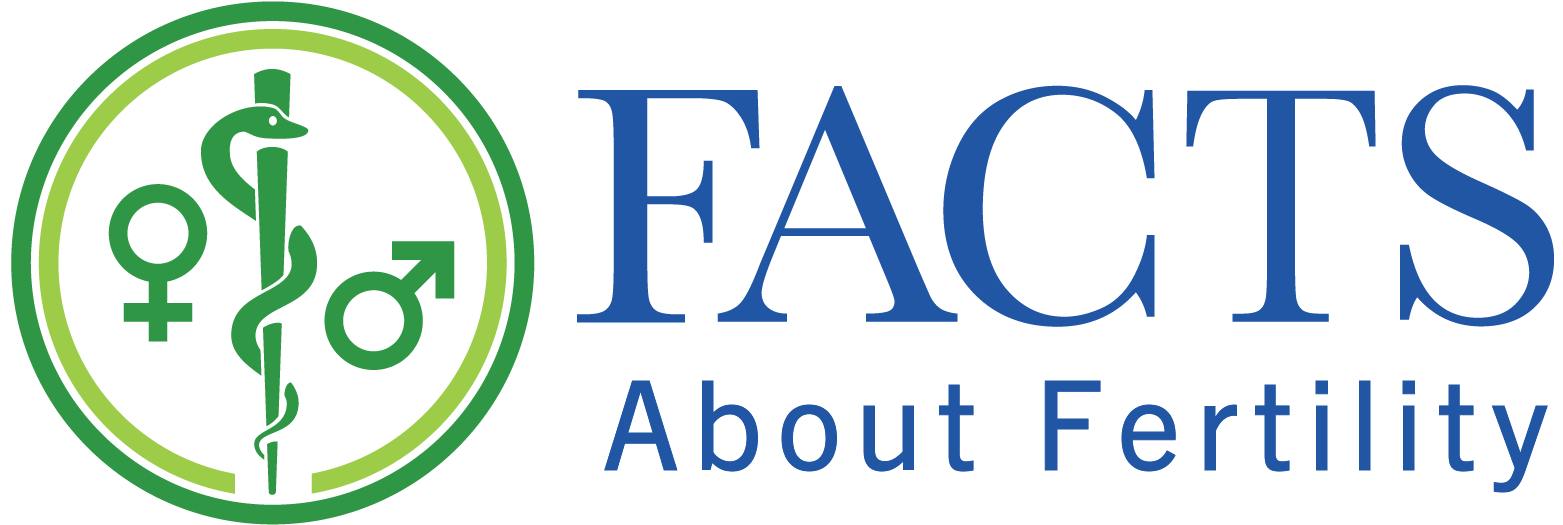Happy Thanksgiving 2024!

“The connections FACTS has fostered among those dedicated to fertility and women’s health are truly something to be thankful for.”
Imperfectly Perfect: An FABM for Every Season

esearch conducted among fertility awareness-based method (FABM) users often makes a distinction between “perfect use” and “typical use.” This story highlights the importance of motivation with the use of these methods and the way that “typical use” can be “perfect” for a woman and her family. This week we share an interview written by Abby Koski, a former FACTS elective student. She spoke with Carol,* who was first introduced to FABMs in middle school but did not put them into practice until her 20s.
A Novel Fertility Indicator Equation Using Estradiol Levels to Identify the Fertile Window

By: James Redmond Editor’s Note: Could the fertility indicator equation using serum estradiol levels serve as an additional tool to improve currently available fertility awareness-based methods? Today’s research blog, written by former FACTS […]
Ovulation Induction and Cancer Risk: A Research Review

January marks Cervical Health Awareness Month. This week, we are featuring a 2005 research review summarized by Lindsay Terry Sawyer, a medical student and former FACTS elective
After a series of miscarriages, this couple turned to their family physician and FABMs

As we near the end of Pregnancy & Infant Loss Awareness Month, we are featuring an interview with a soon-to-be mother of six who used the Sympto-Thermal Method
The Effect of Nutrients and Dietary Supplements on Sperm Quality Parameters

Carley Warner, a medical student who participated in the FACTS elective, summarized a 2018 meta-analysis published in Advances in Nutrition of more than two dozen randomized clinical trials that assessed factors affecting sperm quality.
Tracking Emotions with an FABM Leads to Empowerment in PMDD

As part of National Women’s Health Week and Mental Health Awareness Month, we are continuing to highlight how fertility awareness-based methods (FABMs) can give women the agency to understand and navigate their own menstrual cycles.
Breastfeeding Satisfaction and Symptoms of Postpartum Depression: A Research Synopsis

As May is Mental Health Awareness month, we will feature a series of articles that discuss the intersections between reproductive health and psychological wellbeing
FACTS Benefactor: Dr. Jean Golden-Tevald

Fulfilling the mission of FACTS takes a strong team. It’s true! As we seek to educate medical professionals all over the world about the science supporting fertility awareness-based methods (FABMs), we benefit from the talents of many colleagues.
Integration of FABMs in Clinical Practice: An Interview with Dr. Kafie

This compelling interview with a family physician in Ontario, Canada explores ways to integrate fertility awareness-based methods (FABMs) into clinical practice and medical education.
